Journalism careers guide
Do you want to be a journalist? Our journalism careers guide is packed full of information, tips and advice on how to get into one of the most exciting careers around.

This level 3 qualification is ideal for those looking for an introduction to journalism, or those wishing to use journalistic skills for a specific purpose, such as content creation.
Enrol nowThe Certificate in Foundation Journalism provides an introduction to journalism. It may be used as a first step for those considering a career in journalism or by those wishing to develop their journalistic skills for a specific purpose.
The qualification is designed to give a wide variety of uses within the community; whether as a community reporter or contributor, blogger or those wishing to use journalism as a way to draw attention to specific community issues.
To gain the qualification, you must achieve a minimum of 25 credits, comprising:
This qualification attracts a UCAS tariff of 16 points.
These units must be passed in order to achieve the qualification.

All good journalism begins with gathering information to inform the story. This unit looks at the sources of information and how to ensure what you are told and what you read is valid and accurate. You will learn where to look for information and to spot the dangers.
Interviewing is a key way of gathering information. This unit helps you find the right people to interview, the questions to ask and techniques to use.
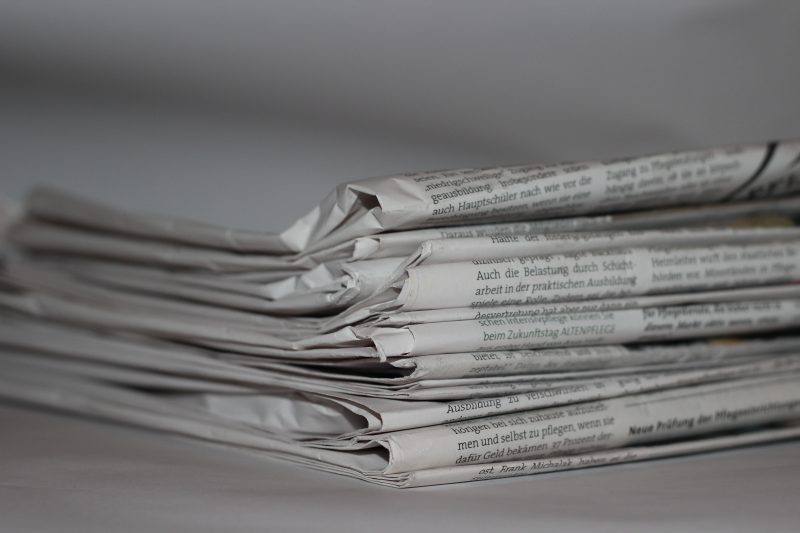
How can you ensure that people will read your stories and be interested in what you have to say? A good starting point is to write an introduction to grab attention and then follow a logical structure.
This unit explains some of the “tricks of the trade” for telling stories and helps guide you through the potential minefield of legal regulation and any codes of conduct.

Many journalists will use shorthand to record information in their notebooks. Shorthand is time consuming to learn and can take months and months to become proficient.
This unit looks at the alternatives and advises on techniques which can be quickly learned and mastered. You will need a good, accurate record of what people say and this unit will help.
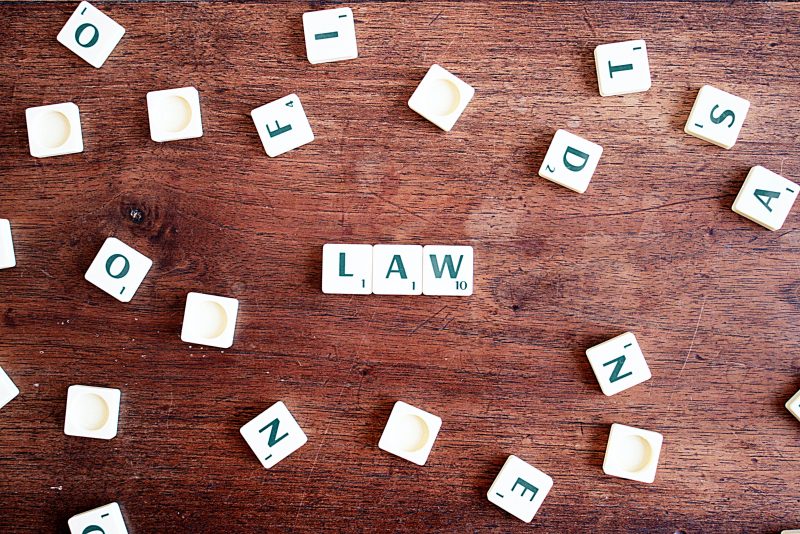
Journalists must operate within the law of the land and within laws designed especially to cover publication of material, whether that be by broadcasters, in newspapers or by individuals on social media. What is libel? How can I be affected by contempt of court?
These are two of the issues covered by this unit. It is an introduction to media law – designed to set alarm bells ringing in your head before publication.
The unit also considers the role of regulators in the media landscape.

Writing for digital media needs special techniques and devices to help promote your words to a wider public in what is a blizzard of information online.
This unit shows you how to improve your writing with a digital audience in mind and trying to give your work visibility. Digital is a key skill for journalists. Make sure you know what to do.
In addition to the mandatory units, you must make up the remaining 11 credits with a selection of these optional units.
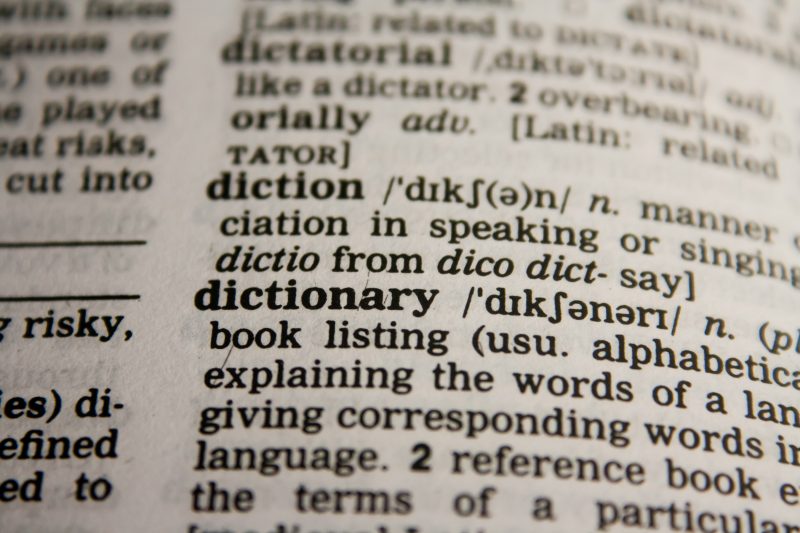
This unit is at level 2 and is designed for those who wish to improve their English skills to ensure they have the word power to be able to communicate clearly in writing and speech.
If you are uncertain as to your skills at this level (effectively GCSE), this unit is for you. It is also good for those wishing to brush up on their skills if time in the classroom is something of a distant memory.
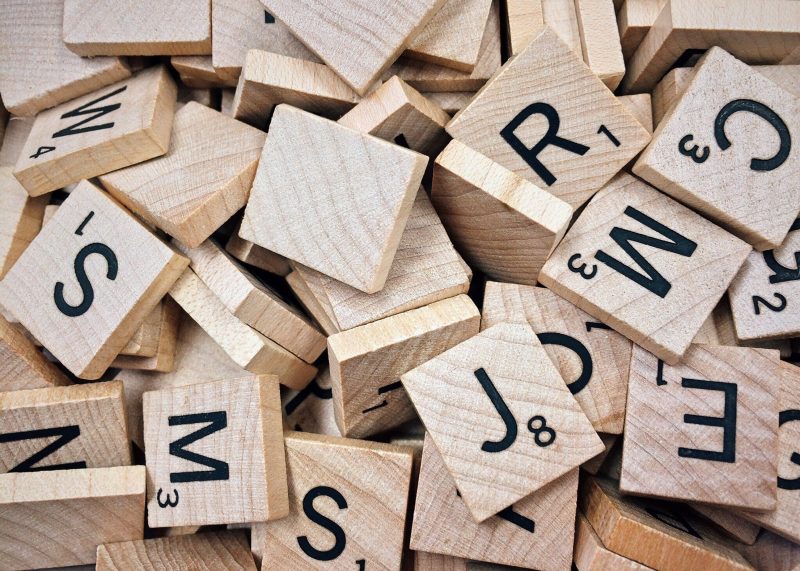
Getting the right words for the right story is a key part of journalism. This unit is at level 2 (effectively GCSE). It will help give your writing the maximum impact.
Powerful writing attracts attention and can achieve results. Words are the tools of the job for a journalist. This unit will help you get them right.
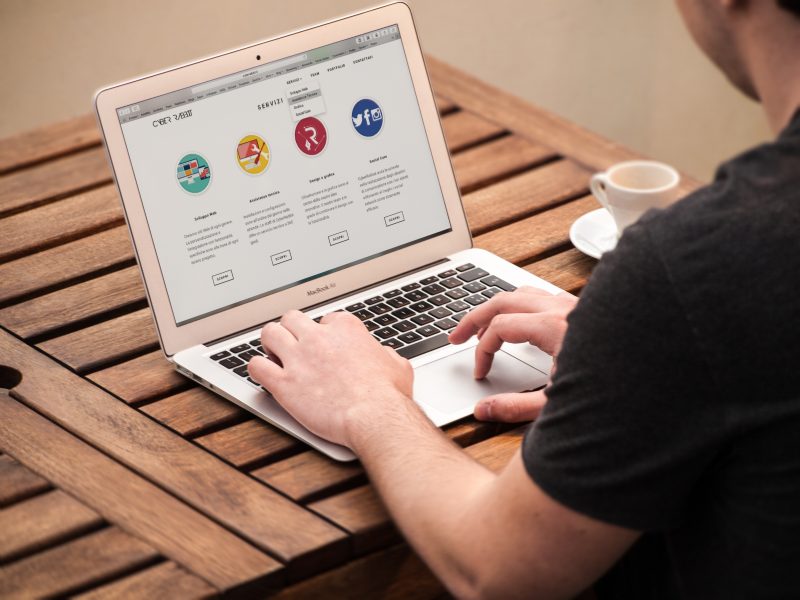
Are you the press officer for a club, group or society? Do you know how to communicate with your members and the wider public? This unit looks specifically at how to write newsletters for internal communication and press releases for a wider audience.
This unit gives you the ideas of what to look for and what to do to get your message across. Knowledge from this unit will be of huge benefit to anyone taking a voluntary PR role or as a subsidiary duty for an organisation.
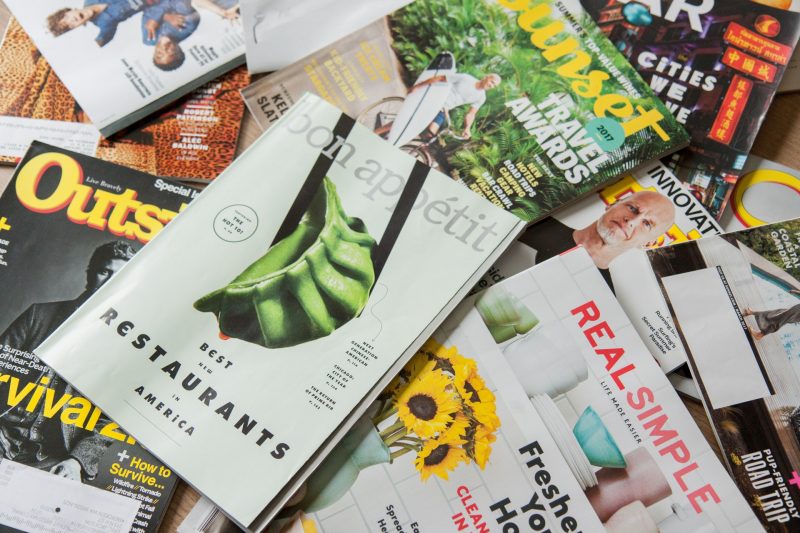
Long-form journalism is still in fashion in the digital age but just how do you unlock the secrets of what works and what doesn’t?
This unit guides you with developing ideas and thoughts so you can write compelling features that will attract an audience.

The government. The council. They are phrases you hear bandied around in everyday conversations. But what do we mean when we say the government; the council?
This unit helps you unravel the mysteries of how the country is run and which council does what. It is important knowledge for many journalists as the “the government and the council” are important sources of stories and information.

The smartphone can easily be your video camera but just pointing the lens at a subject doesn’t give you a story which will attract viewers.
This foundation level unit takes you through the first steps of making a video that will tell a story. We are not making a Hollywood blockbuster, but you should be able to shoot a straight-forward film for online use. We tell you what to do and what to watch out for.
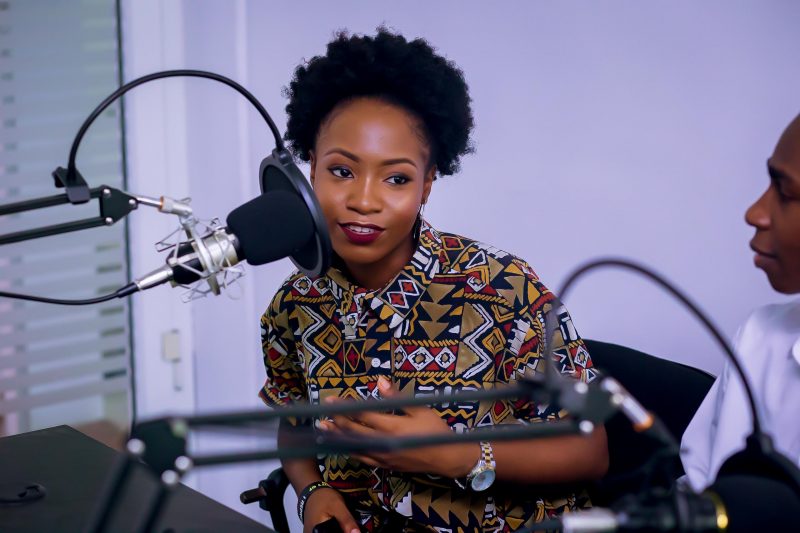
Audio can still be a powerful tool for a journalist when telling a story. It still has a place in the digital age; even more so because at foundation level satisfactory recordings can be made on a smartphone.
This unit introduces you to the techniques and has pointers about how you can make audio recordings that will have impact and resonate with an audience.

Some will argue that a photograph is worth 1,000 words. We could debate that for a long time but what is certain is that most news websites are driven by photographs. They are also important in print and in social media.
This unit will point the way for you to take quality photographs in a number of settings and give you confidence when out and about.

Never has so much data been put into the public realm by central government and local authorities. This unit introduces you to data journalism, where to find the information, how to deal with it once you have found it and, most importantly, points the way to using data to tell eye-catching stories.
This unit works for those thinking of a career in journalism but also is suitable for a PR in a campaign group who wants to unravel some of the data in the public domain to further the group’s case.

Are you the person who sends in the match reports to the local newspaper? Are you the club’s website reporter? Do you link with local radio on match days? If so, this unit is for you. It deals with the fundamentals of some major sports through to the tips and techniques of reporting from the touchline, the grandstand or the pits.
We will guide you on taking up the club scarf and becoming more of an objective reporter so that people will want to read and listen to what you have to say.

Reviews and comment pieces are two staples of journalism: whether it is an opinion column on local issues, a book review, a blog or a critique of the local amateur dramatic society. This unit will give you the building blocks needed to structure reviews and comment articles so they are relevant, readable and legally safe.
It is very easy to go off “all guns blasting”, but that can lead to all sorts of problems. If you follow the advice in this unit, you can go off “all guns blasting” safe from legal action – but perhaps not complaints over injured feelings.
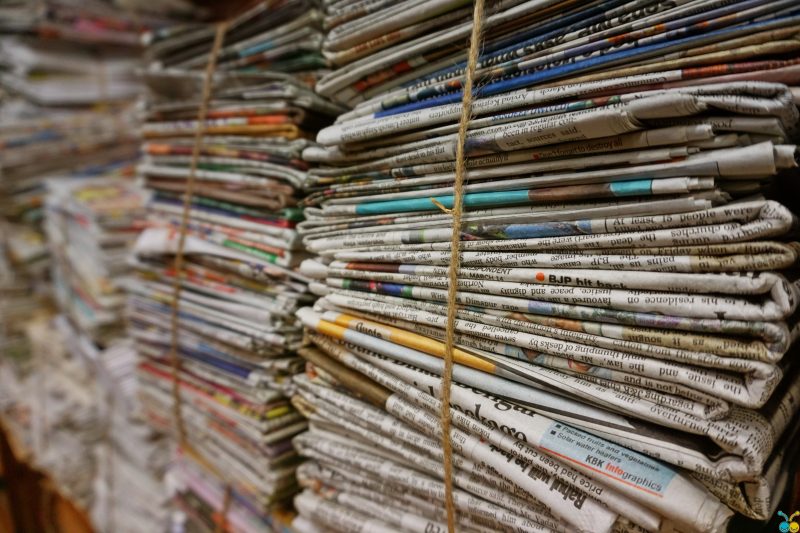
Journalists chronicle history as it unfolds but how have changing times and changing lives affected newspapers, broadcasting and now the web? This is the remarkable story of how newspapers gained enormous power, the birth of broadcasting and the BBC, the television era and what how digital publishing is re-shaping the media scene. The history of news is part of the social history of our country.
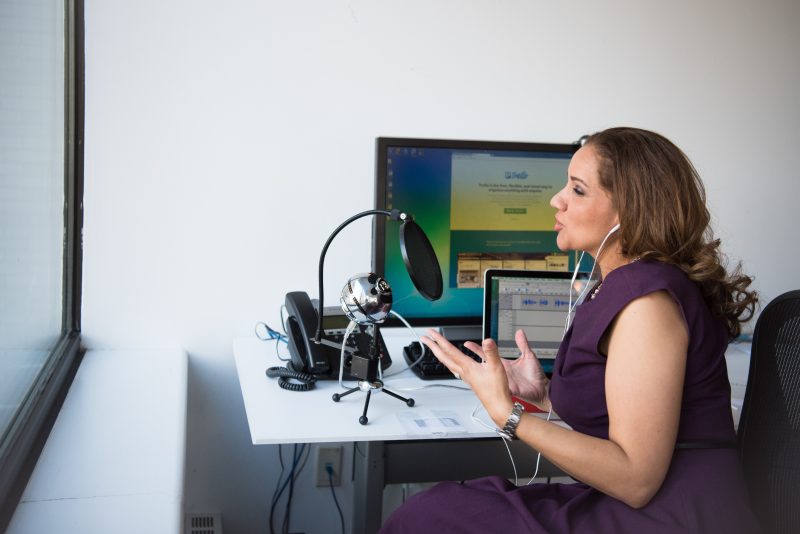
Around the world there are many radio stations serving small populations. They are generally run by volunteers. Most have a licence condition of providing news coverage. This unit will help the volunteer fill those regular news bulletins with original and interesting news from the community.
The unit covers the sources of news, contacts and interviewing. It will be an invaluable unit to study for those who love broadcasting and want to give their coverage a more professional air.
This qualification, and its individual units, are available to study with the NCTJ via distance learning.
It can also be offered through a range of providers, such as schools or colleges. If you are interested in delivering this qualification as a training provider, please get in touch.
Achievement of the qualification attracts a UCAS tariff of 16 points, which may be used towards accessing higher education courses.
For those wishing to go on to a career in journalism, study at foundation level is unlikely to lead directly to a job with a news organisation.
However, successful study at foundation level is likely to give candidates a “head start” when it comes to studying for an apprenticeship and/or the Level 5 Diploma in Journalism.
Learners must be 16 or older. A level 4 or A-C grade in GCSE English is recommended.
Assessments are submitted via the Journalism Skills Academy e-learning site, and results will be issued within six weeks of the submission deadlines, which can also be found on the e-learning site. Resubmissions of assessments are charged at £13.50.
Yes. Each Certificate in Foundation Journalism distance learning unit includes 30 minutes of tutor support time, plus your first submission of each assessment.
Do you want to be a journalist? Our journalism careers guide is packed full of information, tips and advice on how to get into one of the most exciting careers around.
This level 5 qualification will prepare learners for the demands of a newsroom, teaching the skills needed to work as a professional journalist.